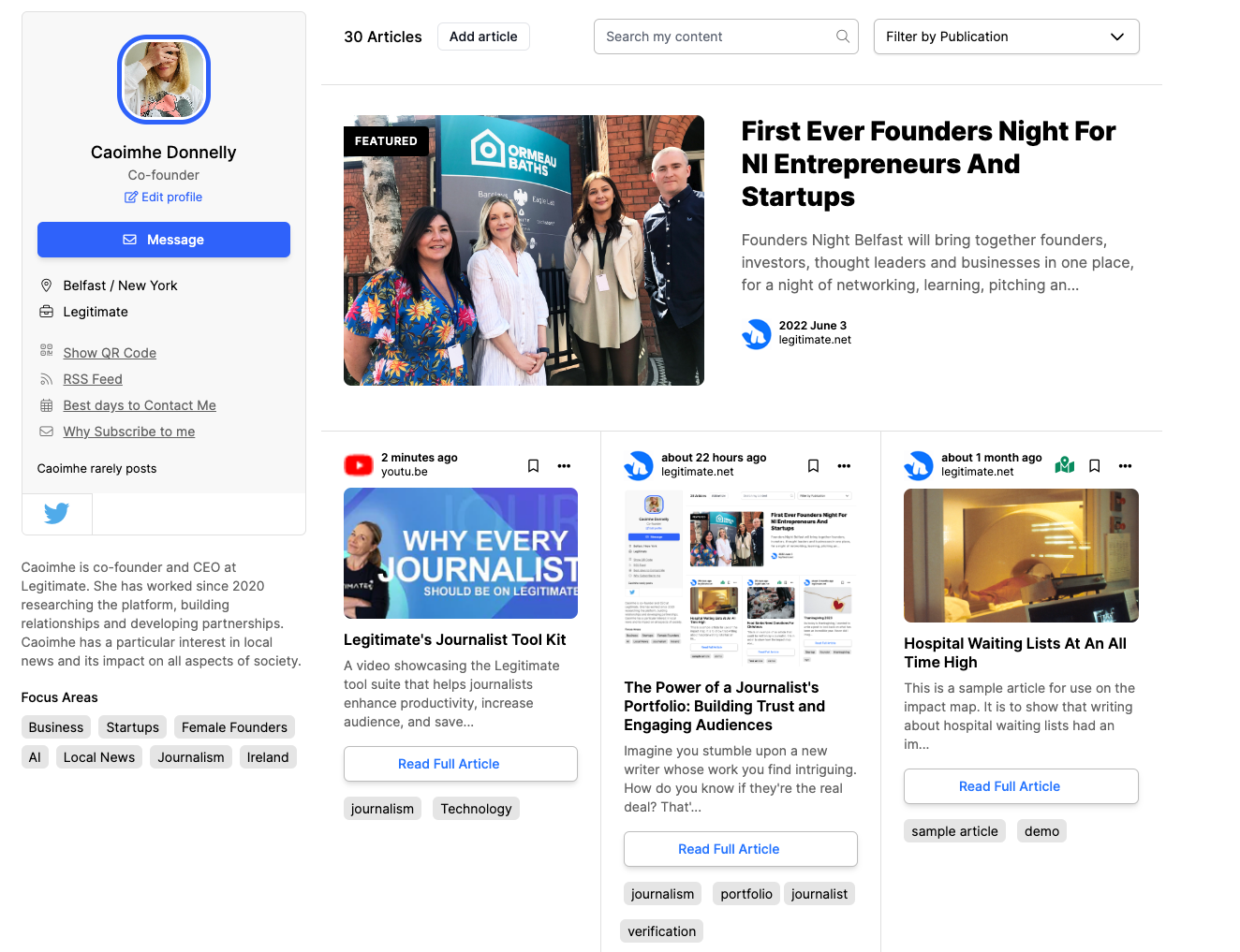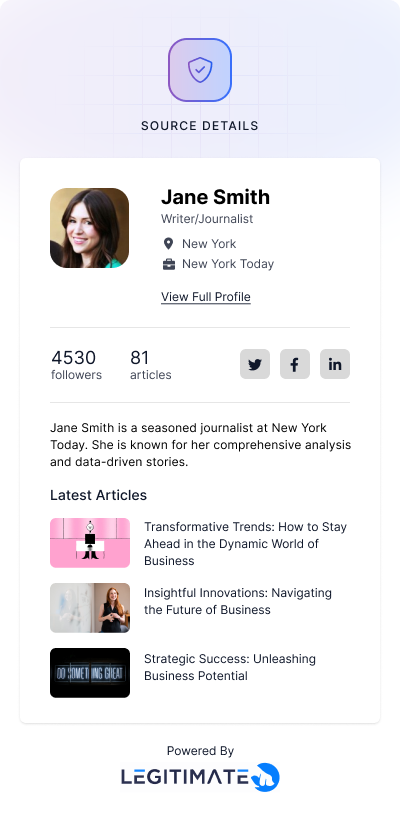Imagine you stumble upon a new writer whose work you find intriguing. How do you know if they’re the real deal? That’s where an online portfolio becomes a game-changer for journalists. It’s not just a digital showcase; it’s a credibility booster and a bridge to connect with readers. Think of it as the journalist’s storybook, laying out a narrative of their expertise, experiences, and writing prowess.
For journalists, this online space isn’t just about flaunting bylines; it’s about building a relationship of trust and transparency with readers, giving them a backstage pass to the journey behind the stories. It’s like saying, “Here’s my work, here’s who I am – let’s build something meaningful together.”
An online portfolio can offer several benefits to journalists, both in terms of professional credibility and audience engagement. Here are some reasons why a journalist might want to have an online portfolio and the associated advantages:
1. Verification and Credibility:
Centralized Source: An online portfolio serves as a centralized source for a journalist’s work, making it easier for others to verify their credentials and past publications.
Professional Image: It helps in presenting a professional image, showcasing a journalist’s body of work, skills, and expertise, which enhances credibility in the eyes of potential employers, collaborators, and readers.
2. Transparency and Accountability:
Authorship Verification: By having a portfolio, a journalist can establish authorship of their work, making it more difficult for others to misattribute or misuse their content.
Archiving and Updates: Regularly updating the portfolio with new articles or projects demonstrates transparency and a commitment to keeping the audience informed about the journalist’s recent activities.
3. Readership Engagement:
Showcasing Expertise: An online portfolio allows journalists to highlight their expertise in specific topics or beats, helping readers quickly understand the journalist’s focus areas.
Accessible Archive: Readers can easily access a journalist’s previous articles, fostering a sense of trust and continuity. This can be particularly valuable for long-term relationships with readers.
4. Networking and Career Opportunities:
Job Prospects: A well-curated portfolio can attract potential employers, providing a comprehensive overview of a journalist’s capabilities and experiences.
Freelance Opportunities: Freelancers can use portfolios to market themselves to editors and publications, showcasing the range and quality of their work.
5. Building a Personal Brand:
Distinct Identity: An online portfolio enables a journalist to shape their personal brand, defining their unique voice and style.
Social Media Integration: Journalists can integrate their social media profiles, adding another layer of transparency and accessibility for readers who want to connect beyond written articles.
6. Adapting to Digital Trends:
Online Presence: In today’s world, having an online presence is crucial. Journalists can engage with their audience directly through messages, feedback, and social media, creating a more interactive and dynamic relationship.
In summary, an online portfolio serves as a dynamic tool for journalists to establish credibility, maintain transparency, engage with their audience, and explore professional opportunities in an increasingly digital and interconnected media landscape. At Legitimate, we offer a free portfolio feature for all journalists. Check it out now at www.legitimate.net






